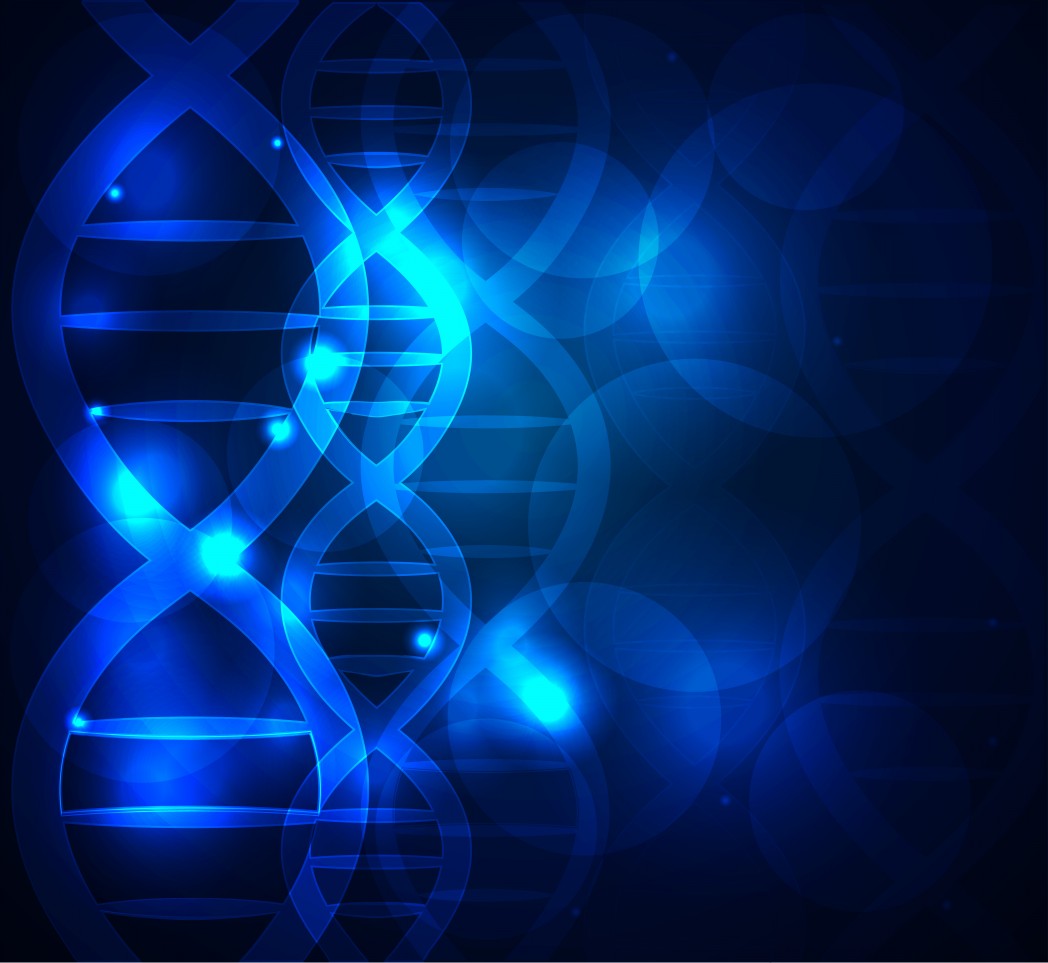ALS Gene Drives Disease Development Through Neuroinflammation, Researchers Find

Mutations in the C9orf72 gene are the most common genetic cause leading to amyotrophic lateral sclerosis (ALS). Despite this, researchers have not been able to determine what the normal function of the gene really is.
Now, scientists from Cedars-Sinai Medical Center in Los Angeles have revealed that the gene contributes to the function of microglial immune cells in the brain, advancing our understanding of how ALS develops in affected patients.
Scientists have long known that mutations in C9orf72, contributing to about 40 percent of familial and 6 percent of sporadic ALS cases, cause excess production of RNA and proteins. This overload is toxic to neurons, causing them to die in a process leading to the disease.
While most researchers have focused on the toxic effects of the surplus RNA, clinicians have also observed that people who carry the mutations express less of the gene. This clue led the research team to investigate whether loss of the gene function might also contribute to ALS.
Jacqueline O’Rourke and her team studied two different mouse strains entirely lacking the mouse version of the gene. To their surprise, the mice did not develop ALS as they grew old, nor did they show any signs of neuronal death. Instead, the team noted that immune cells — macrophages in the spleen and microglia in the brain — showed both structural and functional abnormalities. Findings published in the journal Science showed that the lysosomes in these cells did not function properly.
Lysosomes are the structures that normally get rid of old or unwanted cell components, and their inability to function properly was accompanied by heightened inflammatory responses. The study, ”9orf72 is required for proper macrophage and microglial function in mice,” reported that old mice developed neuroinflammatory changes similar to what can be observed in tissue from ALS patients with 9orf72 mutations, but not in other ALS patients.
Robert H. Baloh, senior author of the study and director of Neuromuscular Medicine in the Department of Neurology and the multidisciplinary ALS Program at Cedars-Sinai, said in a press release: “The C9orf72 gene is critical for the function of immune cells in the brain, adding to growing evidence that the brain’s immune system actively contributes to disease rather than simply responding to injury. These findings continue a paradigm shift in the way we think of how brain cells are lost in conditions like ALS and Alzheimer’s disease.”
“Our work opens the possibility that C9orf72 gene carriers may even respond differently to immune modulating drugs than other ALS patients,” O’Rourke added.
In another press release from the ALS Association, the organization’s chief scientist, Lucie Bruijn, said: “The results of this study shed light on the normal function of the C9orf72 gene. Antisense therapies to silence mutant C9orf72 are currently one of the most promising treatment strategies for this form of the disease. This data emphasizes the importance of avoiding silencing the normal gene in the development of this treatment approach. Lowering the mutant protein may have impact on the inflammatory response related to the disease.”






